**”The Role of Visualization in Cool Down Techniques: How Imagery Can Enhance Recovery and Mental Clarity After Workouts”**
# The Role of Visualization in Cool Down Techniques: How Imagery Can Enhance Recovery and Mental Clarity After Workouts
In the world of fitness, the emphasis often lies on the high-energy activities that push our physical limits. However, the importance of cooling down, both physically and mentally, is often overlooked. Visualization, or mental imagery, can play a crucial role in enhancing recovery after workouts. By incorporating visualization techniques into cool down practices, athletes and fitness enthusiasts can improve both their physical recovery and mental clarity, setting the stage for future success. This blog will explore how visualization can enhance cool down techniques, offering practical tips for nutrition, exercise advice, and the health benefits that result from this powerful practice.
## Understanding Visualization
### What is Visualization?
Visualization is the practice of creating mental images to enhance performance, recall, or recovery. In a fitness context, it involves picturing oneself in a state of relaxation or imagining the body repairing itself after a strenuous workout. This technique taps into the brain’s ability to influence physical responses, making it a valuable tool for athletes and anyone looking to optimize their post-exercise routine.
### How Visualization Works
The brain processes imagery similarly to actual experiences. When you visualize a certain scenario, like your muscles relaxing or your heart rate stabilizing, the brain activates the same neural pathways as if you were experiencing that scenario in real life. This can help reduce stress, lower heart rate, and promote a quicker recovery, making visualization a powerful addition to any cool down routine.
## Nutrition Tips
### Hydration is Key
After a workout, it’s essential to rehydrate. Visualization can enhance this process by picturing the water moving through your body, replenishing lost fluids and aiding recovery. Aim to drink at least 16-24 ounces of water within the first hour post-exercise.
### Nutrient-Rich Foods
Incorporate foods rich in protein and carbohydrates to aid muscle recovery. Visualize your body absorbing these nutrients. Foods like bananas, Greek yogurt, and lean proteins are great choices. Imagining these foods repairing and building your muscles can help reinforce your commitment to refueling properly.
### Anti-Inflammatory Options
Consider adding anti-inflammatory foods like berries, green leafy vegetables, and nuts to your post-workout meals. Visualize these foods working to reduce soreness and inflammation in your body. This mental imagery can make you more mindful about your food choices and their impacts on your recovery.
## Exercise Advice
### Incorporate Stretching
Stretching is a crucial component of the cool down process, and combining it with visualization can enhance its benefits. As you stretch, visualize your muscles lengthening and relaxing. Picture each muscle group releasing tension, which can lead to greater flexibility and improved recovery.
### Breathing Techniques
Deep breathing is an effective technique to calm the mind and body. Visualize inhaling fresh energy and exhaling fatigue or tension. By focusing on your breath in this way, you can enhance relaxation and mental clarity, making it easier to transition into a state of recovery.
### Mindful Movement
Consider incorporating gentle movements, such as yoga or tai chi, into your cool down. As you go through these movements, visualize your body flowing gracefully with the motions. This can help to unify your physical and mental states, further promoting recovery.
## Health Benefits
### Enhanced Recovery
Research suggests that visualization can lead to quicker recovery times. By picturing your body healing, you can reduce the perception of pain and discomfort, which may enhance the healing process. This can be particularly beneficial for athletes recovering from injuries or intense workouts.
### Improved Mental Clarity
The practice of visualization can also sharpen focus and mental clarity. After a workout, your mind may feel cluttered or fatigued. By taking a moment to visualize calmness and clarity, you can reset your mental state, making it easier to concentrate on future workouts or daily tasks.
### Stress Reduction
Mental imagery has been shown to reduce stress and anxiety levels. By incorporating visualization into your cool down, you can promote relaxation, decrease cortisol levels, and improve overall mental well-being. This not only benefits your recovery but enhances your overall fitness journey.
## Conclusion
Incorporating visualization into your cool down techniques can significantly enhance recovery and mental clarity after workouts. By using imagery to focus on hydration, nutrient absorption, stretching, and mindfulness, you can optimize both your physical and mental states. This powerful practice not only aids in quicker recovery but also promotes stress reduction and improved mental clarity, making it an essential tool for anyone committed to their fitness journey. By harnessing the power of your mind alongside your body, you can pave the way for sustained health, performance, and well-being.
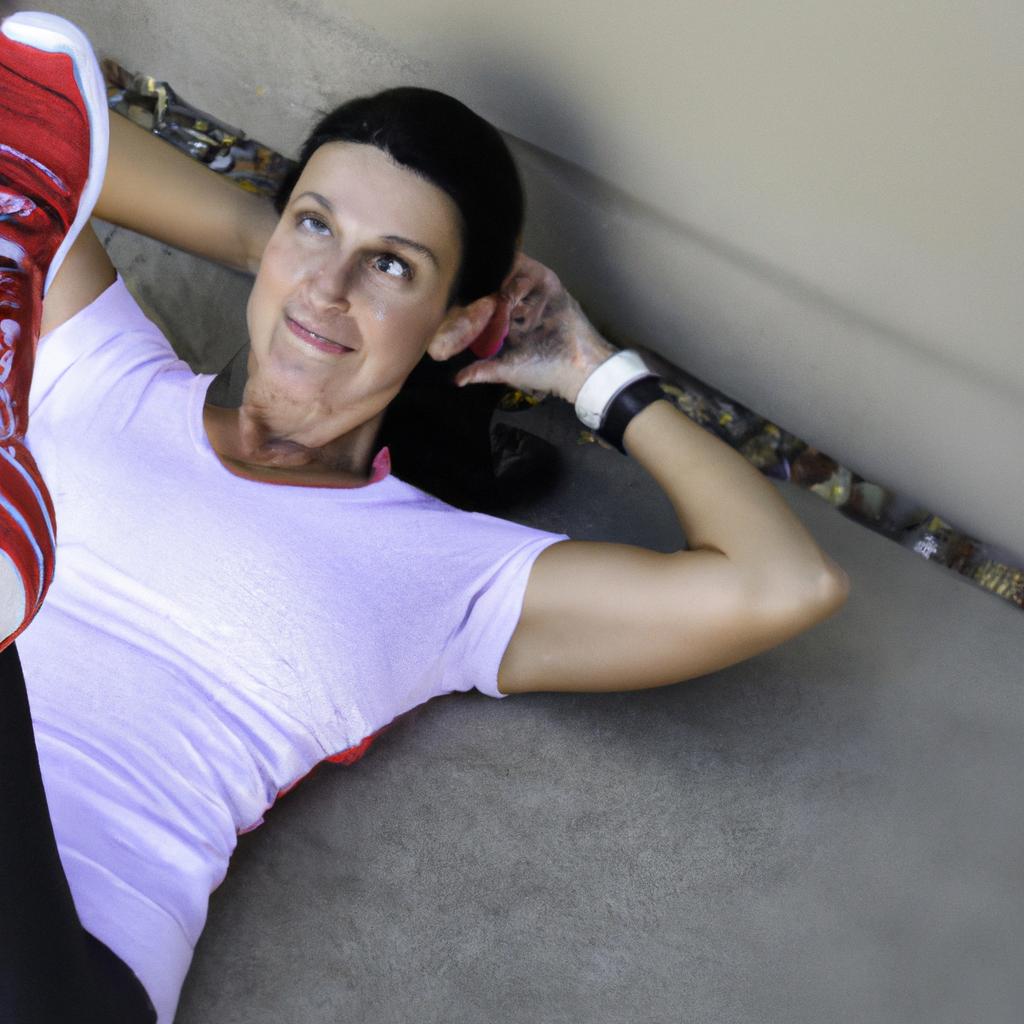



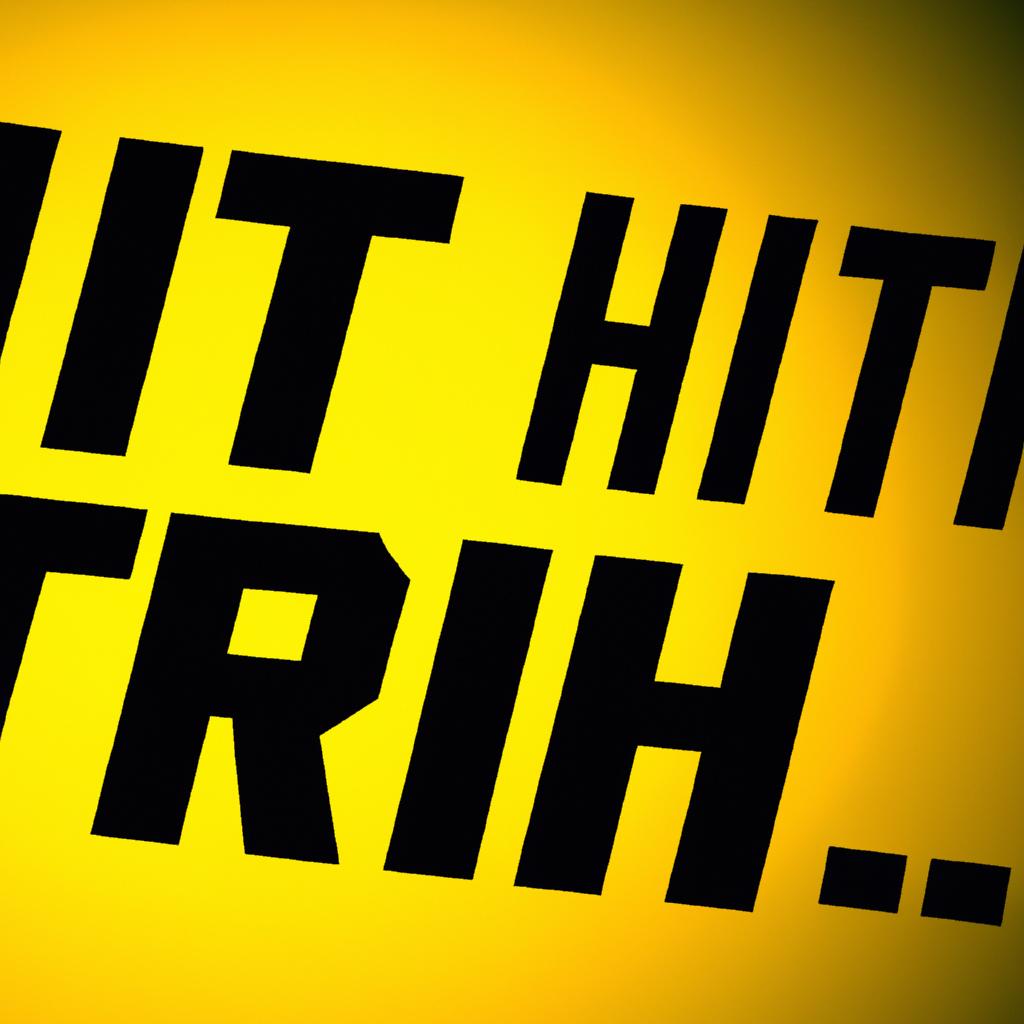



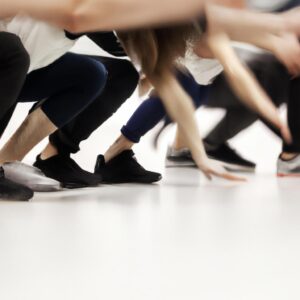
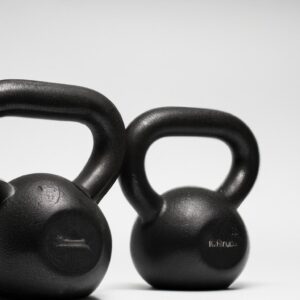
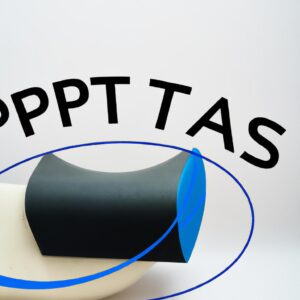
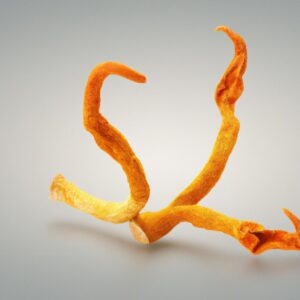
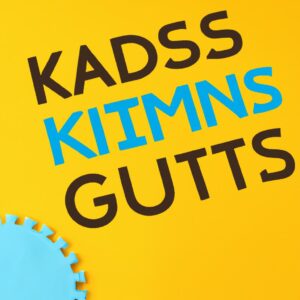

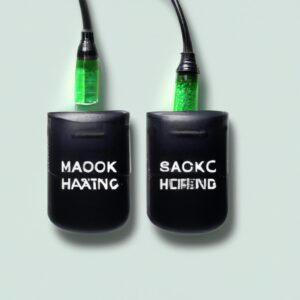
Post Comment